Charly Ryan
Related Authors
James Elkins
School of the Art Institute of Chicago
Katherine Butler Schofield
King's College London
Maurizio Forte
Duke University
David Seamon
Kansas State University
Egil Bakka
Norwegian University of Science and Technology
Enrico Cirelli
Università di Bologna
Yannis Hamilakis
Brown University
Gary Feinman
Field Museum
Simon Springer
The University of Newcastle
Cymene Howe
Rice University
InterestsView All (6)


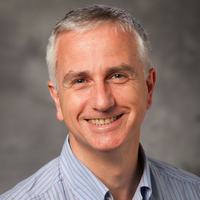

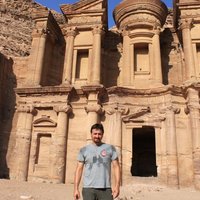
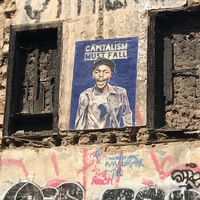
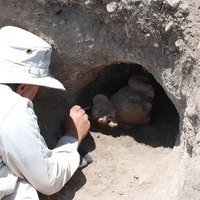
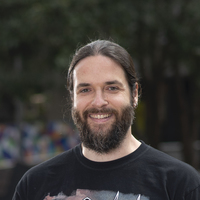

Uploads
Papers by Charly Ryan
As the world becomes more inter-connected and competitive and as research and technological know-how expands, new opportunities along with more complex societal challenges arise. Overcoming these challenges will require all citizens to have a better understanding of science and technology if they are to participate actively and responsibly in science-informed decision-making and knowledge-based innovation. It will involve input from user groups, specialists and stakeholder groups. Professionals, enterprise and industry have an important role to play. In this way, together with learns and benefits from the involvement.
At the moment, Europe faces a shortfall in science-knowledgeable people at all levels of society and the economy. Over the last decades, there has been an increase in the numbers of students leaving formal education with science qualifications. But, there has not been a parallel rise in the numbers interested in pursuing science related careers nor have we witnessed enhanced science-based innovation or any increase in entrepreneurship.
Science education research, innovation and practices must become more responsive to the needs and ambitions of society and reflect its values. They should reflect the science that citizens and society need and support people of all ages and talents in developing positive attitudes to science. We must find better ways to nurture the curiosity and cognitive resources of children. We need to enhance the educational process to better equip future researchers and other actors with the necessary knowledge, motivation and sense of societal responsibility to participate actively in the innovation process.
This is a good time to expand opportunities for science learning, in formal, non-formal and informal settings. Evidence shows that European citizens, young and old, appreciate the importance of science and want to be more informed and that citizens want more science education. Over 40 % believe science and technological innovation can have a positive impact on the environment, health and medical care and basic infrastructure in the future.
This report identifies the main issues involved in helping all citizens acquire the necessary knowledge of and about science to participate actively and responsibly in, with and for society, successfully throughout their lives. It provides guidance concerning increasing the participation of enterprise and industry to science education policy and activities. It sets out the challenges we face and how science education can help Europe meet its goals and equip citizens, enterprise and industry in Europe with the skills and competences needed to provide sustainable and competitive solutions to these challenges. A more responsive science education can promote broader participation in knowledge-based innovation that meets the highest ethical standards and helps ensure sustainable societies into the future.
The Framework for Science Education for Responsible Citizenship identifies six key objectives and associated recommendations, which in combination, can help bring about the systemic changes required to generate a sustainable effect across our societies and in our communities.